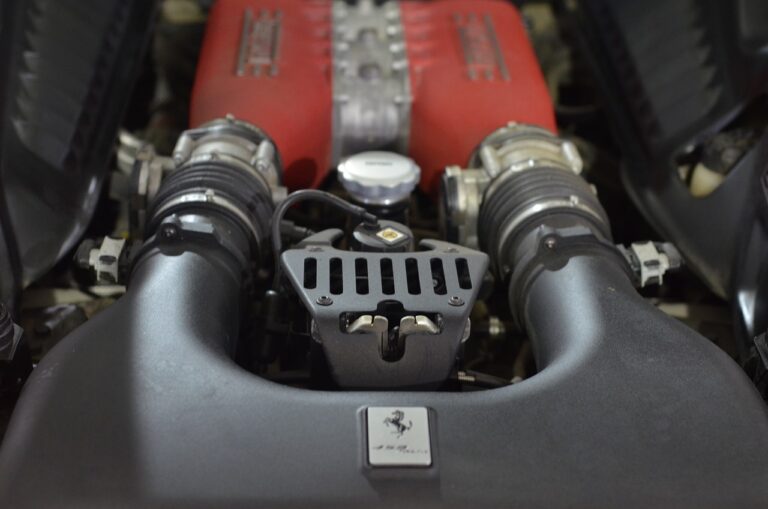The Impact of Electric Vehicles on Car Maintenance Costs
Electric vehicles have been gaining popularity due to their lower maintenance costs compared to traditional gasoline-powered cars. One significant advantage is the reduced need for frequent oil changes, as electric cars do not require oil to lubricate the engine. This not only eliminates the hassle of scheduling and paying for regular oil changes but also contributes to long-term cost savings for owners.
Another benefit of electric vehicles is their simpler mechanical design, which leads to fewer components that require maintenance. With fewer moving parts in an electric car, there is less wear and tear on the vehicle, resulting in decreased chances of mechanical failures and costly repairs. This streamlined design not only reduces the overall maintenance costs but also provides drivers with a more reliable and efficient mode of transportation.
Electric Vehicle Components That Require Less Maintenance
One of the key advantages of electric vehicles is their simplified maintenance requirements compared to traditional gasoline-powered cars. When it comes to components that require less maintenance, EVs have far fewer moving parts that can wear out or break down. For example, electric vehicles do not have complex internal combustion engines with numerous intricate components like spark plugs, fuel injectors, or oil filters.
Another component in electric vehicles that requires minimal maintenance is the braking system. Electric vehicles often utilize regenerative braking, which helps in slowing down the vehicle by converting kinetic energy into stored energy in the battery. This technology helps in reducing wear and tear on the brake pads and ensures a longer lifespan for the braking system in electric vehicles. With fewer components needing regular attention, electric vehicles offer drivers a cost-effective and hassle-free maintenance experience.
What are some of the benefits of electric vehicles on maintenance costs?
Electric vehicles have fewer moving parts than traditional gas vehicles, which means less wear and tear and lower maintenance costs over time. Additionally, electric vehicles do not require oil changes and have regenerative braking systems that reduce brake wear.
Which components of electric vehicles require less maintenance compared to traditional gas vehicles?
Some components of electric vehicles that require less maintenance include the electric motor, battery pack, and regenerative braking system. These components have fewer moving parts and are designed to be more durable than the components found in traditional gas vehicles.
How does the electric motor in an electric vehicle contribute to lower maintenance costs?
The electric motor in an electric vehicle has fewer moving parts than a traditional gas engine, which means there are fewer components that can wear out or break down. This results in lower maintenance costs and a longer lifespan for the motor.
Are there specific maintenance tasks that electric vehicle owners should still be aware of?
While electric vehicles have lower maintenance costs overall, owners should still be aware of tasks such as tire rotations, brake inspections, and cabin air filter replacements. It’s also important to regularly check the battery health and charging system to ensure optimal performance.
Do electric vehicles require less frequent maintenance than traditional gas vehicles?
Generally, electric vehicles do require less frequent maintenance than traditional gas vehicles due to their simpler design and fewer moving parts. However, regular maintenance is still essential to keep an electric vehicle running smoothly and efficiently.





